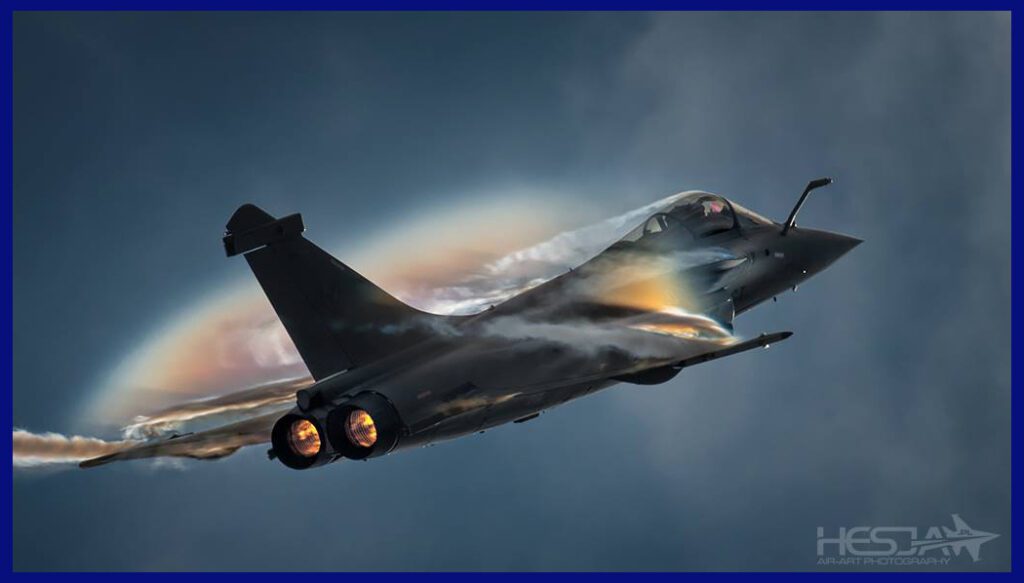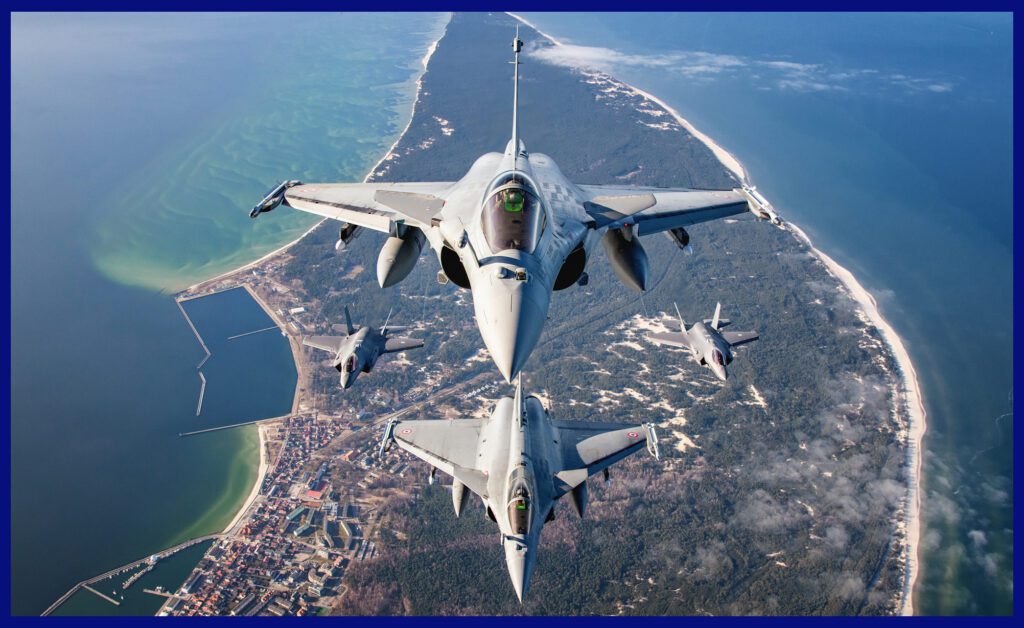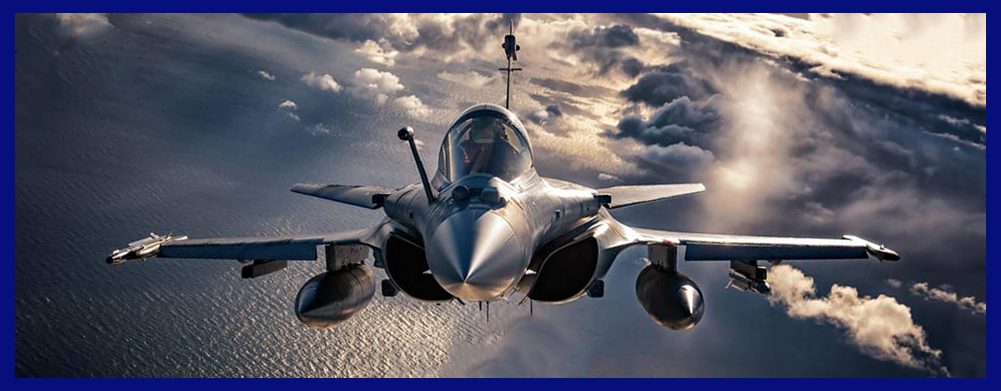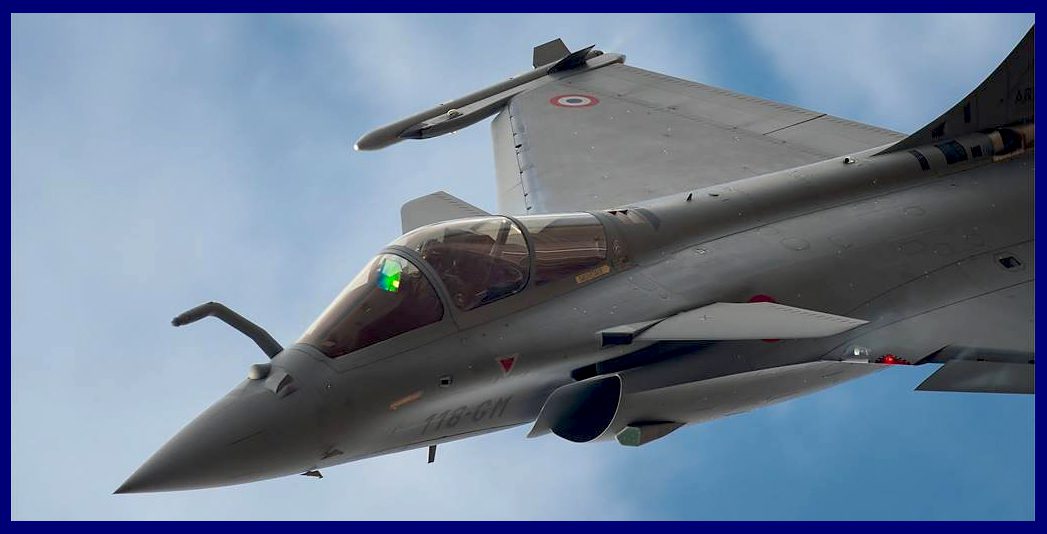Rafale F3-R In Service ( as per latest reports ) _

Admiral Pierre Vandier, Chief of Staff of the French Navy and Air Force General Philippe Lavigne, Chief of Staff of the French Air & Space Force, jointly approved the entry into operational service of the Rafale F3-R fighter jet on 8 March 2022.
The upgrading of the French combat aircraft capacities ranks high on the list of priorities of the French military expenditure plan ( LPM ) which provides for a 2.7 billion euro investment in the development of the new version of the Rafale over the 2019-2025 period. The French Navy and the French Air and Space Force are now authorised to make operational use of all the capacities that are developed around the F3-R standard, which is already installed in half the French fleet and will eventually be installed on all Rafale aircraft in service. Both forces now have a world-class Multirole fighter aircraft at their disposal capable of operating in the most contested environments.
The decision also applies to the Rafale aircraft of the GAE ( carrier air wing ) operated from aircraft carrier Charles-de-Gaulle, or those of the French Air and Space Force that are deployed from the forward air base in Jordan within the framework of operation Chammal.
The entry into operational service is the culmination of a process, which within both armed forces consisted of determining and disseminating the applicable operating tactics defined for the new capacities of the multirole aircraft, as made possible by the F3-R standard, and particularly those offered by the long-range air-to-air Meteor missile and the TALIOS land-based target designator.

The combination of the AESA RBE2 radar and the long-range Meteor missile gives the Rafale the air superiority it needs for beyond-visual range engagements in all weather, as required for handling a wide variety of targets. The F3-R Rafale is now capable of using the TALIOS high-resolution laser designation pod, which can generate images in both the visible and infrared ranges, and will benefit from largely improved capacities that will enable it to perform intelligence and target acquisition, and tracking and designation missions.
In addition, the French defence procurement agency ( DGA ) has placed a firm order with Thalas for 21 additional TALIOS pods. The new target designation pods will equip Rafale aircraft currently in service with the French Air and Space Forces and the French Navy. This order for 21 additional pods underscores the continuing confidence of the French forces, which have deployed TALIOS multiple times on expeditionary missions since the first pods were delivered in 2019. The new pods will be delivered between 2024 and 2025, straight after the fulfilment of the initial order for 46 TALIOS systems.

In particular, the Rafale will feature new and more efficient fixed or moving target tracking capacities, as well as automatic moving target detection capacity and a new human-machine interface that will make it easier to use.
In the new standard, the Rafale F3-R will also offer an enhanced ground attack capacity. It will now be possible to control the munition flight time, the laser illumination and the in-flight weapon settings, including the terminal laser guidance AASM ( modular air-to-ground weapon system ).
From 2022 onwards new capacities will be added to the Rafale, with the F4 standard. The aircraft will include innovative connectivity solution offering enhanced network combat operation capabilities. Enhanced radar sensors and forward optronics will also be added, as well as a helmet-mounted display and new integrated weapons, such as the air-to-air MICA NG missile and the modular 1000kg air-to-ground weapon.
Concerning the avionics, the Thales has been awarded the contract to supply Scorpion helmet-mounted sight and display systems and digital multi-function displays for all the Dassault Aviation Rafale aircraft in service with the Frech Air and Space Force and the French Navy. Coupled with the aircraft’s weapon systems, the Scorpion helmet-mounted sight and display enhances tactical situational awareness and enables crews to respond more quickly and with greater agility to a whole range of threats.
